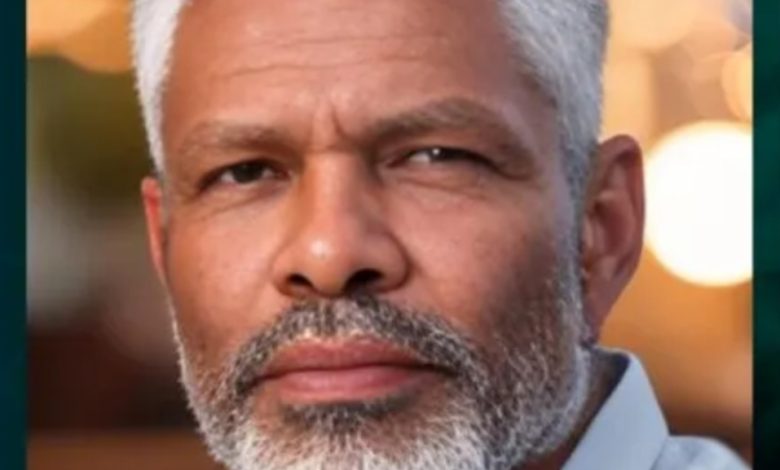Opinion
Sudan and Opportunities for Achieving Peace

Omeya Yousif Hassan Abofadya
Researcher on the Horn of Africa
Introduction
For decades, Sudan has been plagued by continuous armed conflicts, the latest being the war that erupted on April 15, 2023. Despite ongoing discussions about the necessity of peace between the warring factions, practical solutions to achieve this goal remain elusive. The most recent conflict, considered one of the worst in Sudan’s history, has severely impacted citizens, resulting in a humanitarian catastrophe of rare magnitude in this century, according to UN reports, with widespread displacement and refugee crises.
Sudan has a long history of armed rebellions dating back to before its independence in January 1956, with the first rebellion occurring in 1955. Although Sudan has experienced periods of peace, these intervals were never long-lasting. The longest peace period was between 1972 and 1983, but it ended with the resumption of conflict led by Garang’s forces.
The Rwandan Experience
If we look at Rwanda, we see a country that successfully recovered from a devastating civil war. The Rwandan war began in October 1990 and lasted until July 1994, during which around one million people were killed in three months in massacres described as genocide, perpetrated by the Hutu majority against the Tutsi minority.
Similarities and Differences between the War in Rwanda and the War in Sudan
1
Nature of the War:
While the war in Rwanda had a clear tribal aspect, the conflict in Sudan is characterized by a rebellion against the state aimed at taking control. Although most of the Rapid Support Forces members belong to specific tribes, they did not target a particular tribe but rather everyone in the areas they controlled.
2
War Objectives:
In Rwanda, the main objective was genocide, whereas in Sudan, the goal was political and military control.
3
Armed Forces:
The Sudanese army is diverse, with members from various tribes, unlike the entirely tribal nature of the conflict in Rwanda.
4
Foreign Intervention:
In both wars, foreign intervention had a negative impact. In Rwanda, breaking away from French influence was part of the solution. In Sudan, foreign interventions have played a role in exacerbating the conflict.
5
Human and Material Losses:
Although the number of deaths in Rwanda was much higher, Sudan faces significant challenges regarding the destruction of infrastructure and the theft of citizens’ resources.
6
Use of Rape as a Weapon:
In both wars, rape was used as a tool of humiliation and to break the other side’s will, leading to mass migration.
How the War Ended in Rwanda
Sudan can draw lessons from Rwanda’s experience:
1.Military Resolution:
The Rwandan war didn’t end through negotiations but by the military victory of the Rwandan Patriotic Front. The leaders of the genocide fled the country, allowing for new control and the start of a state-rebuilding process.
2.Institutional Reforms:
After the war, Rwanda reformed its institutions by creating justice and reconciliation commissions, which played a crucial role in prosecuting those involved in the crimes.
3.Elimination of Tribal Affiliations:
One of Rwanda’s bold steps was criminalizing tribal affiliation, which helped promote national identity.
4.Political Stability:
The Rwandan government that won the war remained in power through popular elections, granting the country rare political stability post-war.
Applying Rwanda’s Lessons to Sudan
If Sudan seeks to benefit from Rwanda’s experience, several steps can be taken to achieve sustainable peace:
1.Cautious Military Resolution:
While military resolution may be an option, political and diplomatic solutions should be part of Sudan’s strategy to prevent the recurrence of conflicts.
2.Judicial and Social Reforms:
Sudan should follow Rwanda’s model by establishing transitional justice and reconciliation commissions to ensure accountability for all human rights violations.
3.Strengthening National Identity:
Promoting national identity should be a priority for Sudan to reduce tribal and regional divisions and foster a unified society.
4.Limiting Foreign Interventions:
Sudan should work to reduce foreign interventions that complicate the crisis and strengthen its institutions to be more independent.
5.Rebuilding Infrastructure and Supporting Development:
Economic development and the reconstruction of war-torn infrastructure should be among Sudan’s top priorities post-conflict.
6.Investing in Education:
Sudan must focus on advancing education as the cornerstone for development and stability, making it a tool for promoting peaceful coexistence among Sudanese communities.
There Are Successful Economic Experiences
As mentioned in an Al Jazeera article by Mohamed Zakaria Fadl, these experiences can inspire Sudan in its pursuit of peace and development:
1.Turning Waste into Wealth in African Countries:
Sistema.bio, a company operating in several African countries, offers a successful model for local solutions to address various challenges such as waste management, food security, and affordable energy. By installing modular bio-digesters that convert organic waste into biogas for cooking and bio-fertilizers for crops, the company helps reduce reliance on wood fuel, curbing deforestation and greenhouse gas emissions while improving soil fertility and agricultural productivity.
2.The Noor Ouarzazate Solar Complex in Morocco:
This flagship project in Morocco demonstrates the potential of local renewable energy initiatives. As the world’s largest concentrated solar power (CSP) plant, Noor Ouarzazate harnesses Morocco’s abundant sunlight to meet local energy needs and contribute to global climate goals.
3.Kigali Water Supply Project:
Kigali’s bulk water supply project is an example of an effective local solution to meet the community’s water needs through a public-private partnership that enhanced the city’s water infrastructure sustainability.



